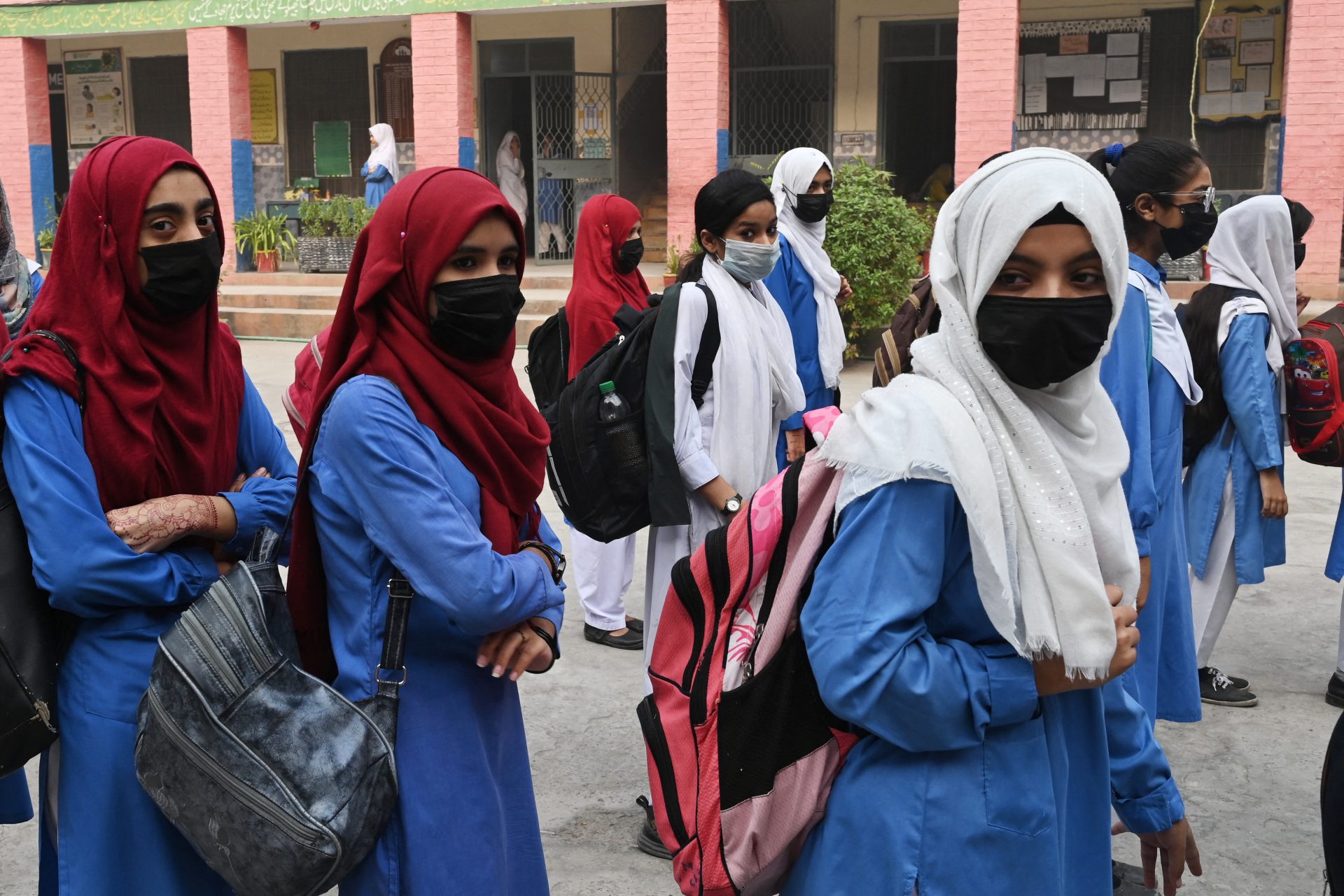The Ministry of Federal Education and Professional Training (MoFE&PT) in Pakistan has approved the Religious Education Curriculum 2023 for grades I-12, marking a paradigm shift in the country’s educational policy.
The decision, officially announced through a notification issued on January 22, 2024, by the National Curriculum Council Secretariat of MoFE&PT, addresses concerns raised by minority communities regarding the compulsory study of Islam in schools.
For years, the mandatory inclusion of Islamiat in the curriculum had been a point of contention, with critics arguing that it undermined inclusivity and equal rights in education.
The new curriculum, tailored specifically for non-Muslim students, offers an alternative to the study of Islam, incorporating teachings from seven major religions: Bahai, Buddhism, Christianity, Hinduism, Kalasha, Sikhism, and Zoroastrianism.
This move is being hailed as a significant victory for minority rights in Pakistan, as it acknowledges and celebrates the religious diversity present in the country.
Representatives of minority groups, who have long advocated for educational reforms recognizing the religious identities of all citizens, have warmly welcomed this development.
Nasir Saeed, Director of the Center for Legal Aid, Assistance, and Settlement (CLAAS-UK), expressed gratitude for the approval of the Religious Education Curriculum 2023, calling it a longstanding demand of minority communities.
This decision is seen as a major achievement in the ongoing struggle for equal rights and opportunities in the education sector, according to Saeed.
Saeed said the move is a significant step forward in promoting interfaith understanding and harmony among the younger generation, crucial for building a cohesive and peaceful society.







